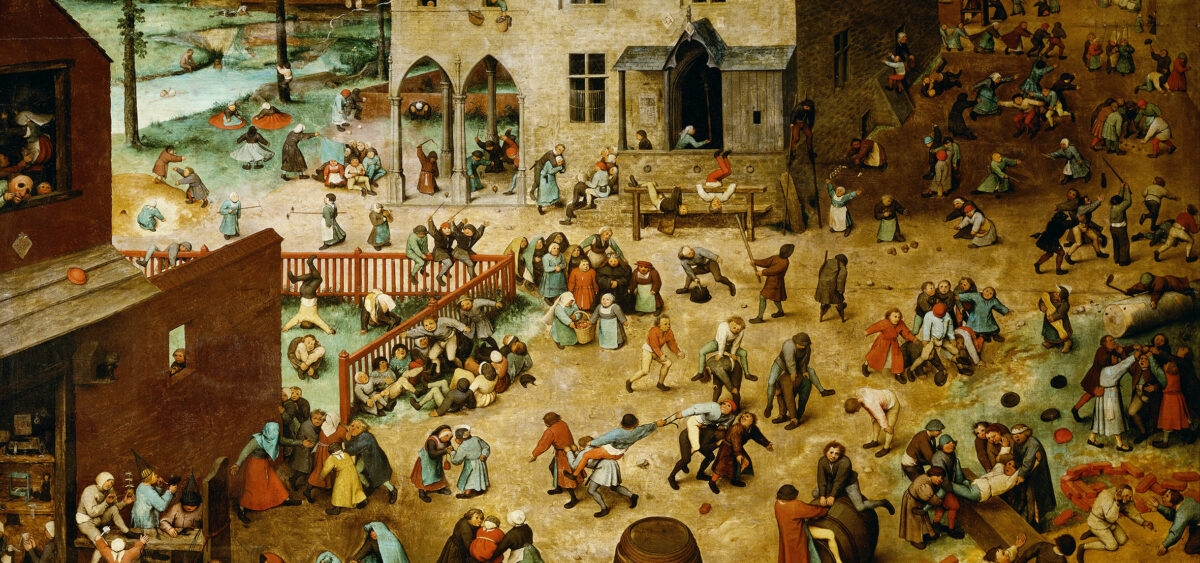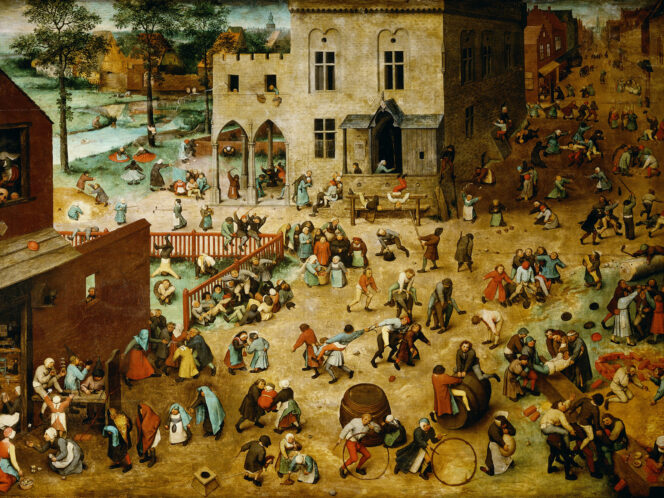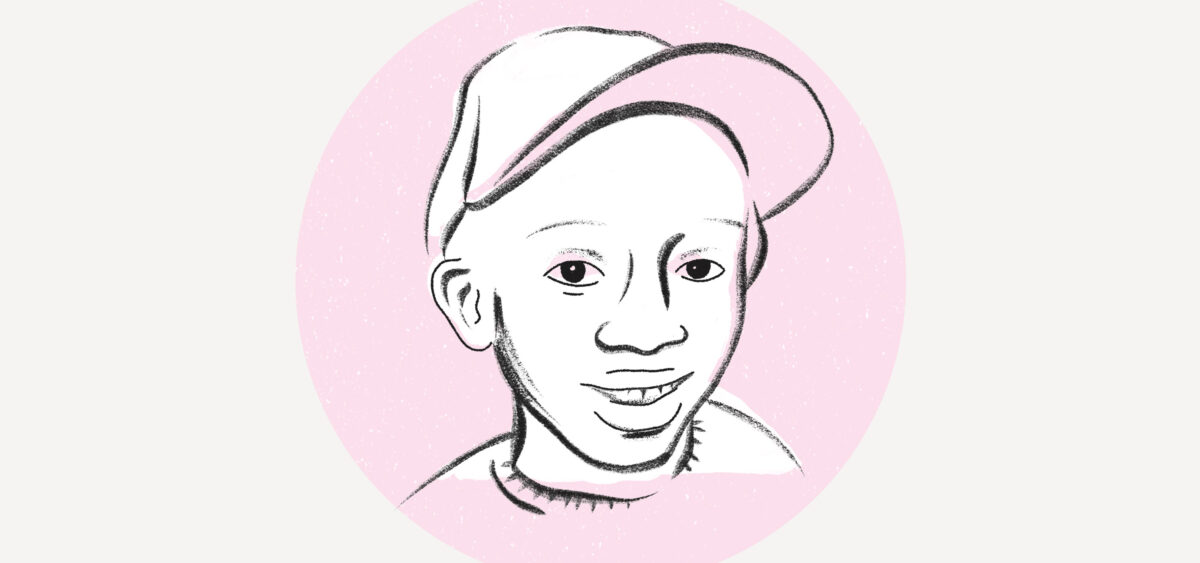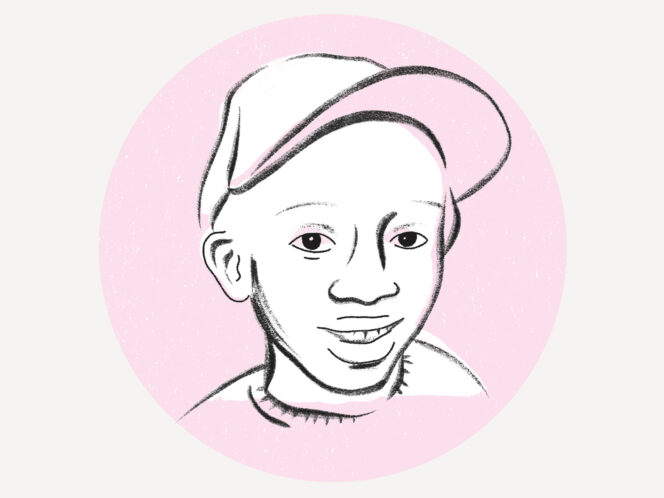
It took several thousand years for our culture to recognize that a child is not an object. Learning how to treat children as humans continues to this day.
“Nature wants children to be children before they are men,” wrote Jean-Jacques Rousseau in the book Emile, or On Education (1762). While Rousseau did not see children as humans, he appealed to parents to look after their offspring. “If we consider childhood itself, is there anything so weak and wretched as a child, anything so utterly at the mercy of those about it, so dependent on their pity, their care, and their affection?” he asked. At a time when children were regularly entrusted to others during adolescence or left in shelters, Rousseau’s demands seemed revolutionary. They paved the way for the breakthrough discovery that indeed, a child is also a human being, capable of feelings, having their own needs and, above all, suffering. But the philosopher himself did not take these ideas to heart. Whenever his lover and later wife, Teresa Levasseur, gave birth to a child, Rousseau immediately gave the baby to an orphanage, where just one in a hundred newborns had a chance to live to adulthood.
Ancient cruelty
Double standards in people’s approach to children were not unusual in the past. In ancient Greece, no one condemned parents for leaving a baby by the road or in the garbage. Usually, it was torn apart by animals. Less often, a passer-by would take them – not necessarily guided by mercy. After raising the orphan, the ‘Good Samaritan’ could sell the child at a slave market, recovering the money invested in their maintenance with interest. This kind of practice did not shock, because in the world of ancient








